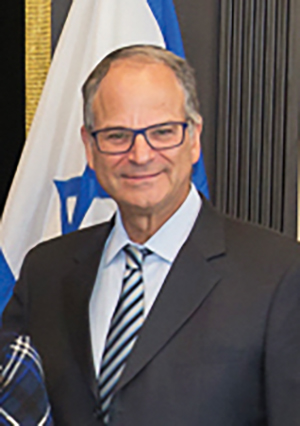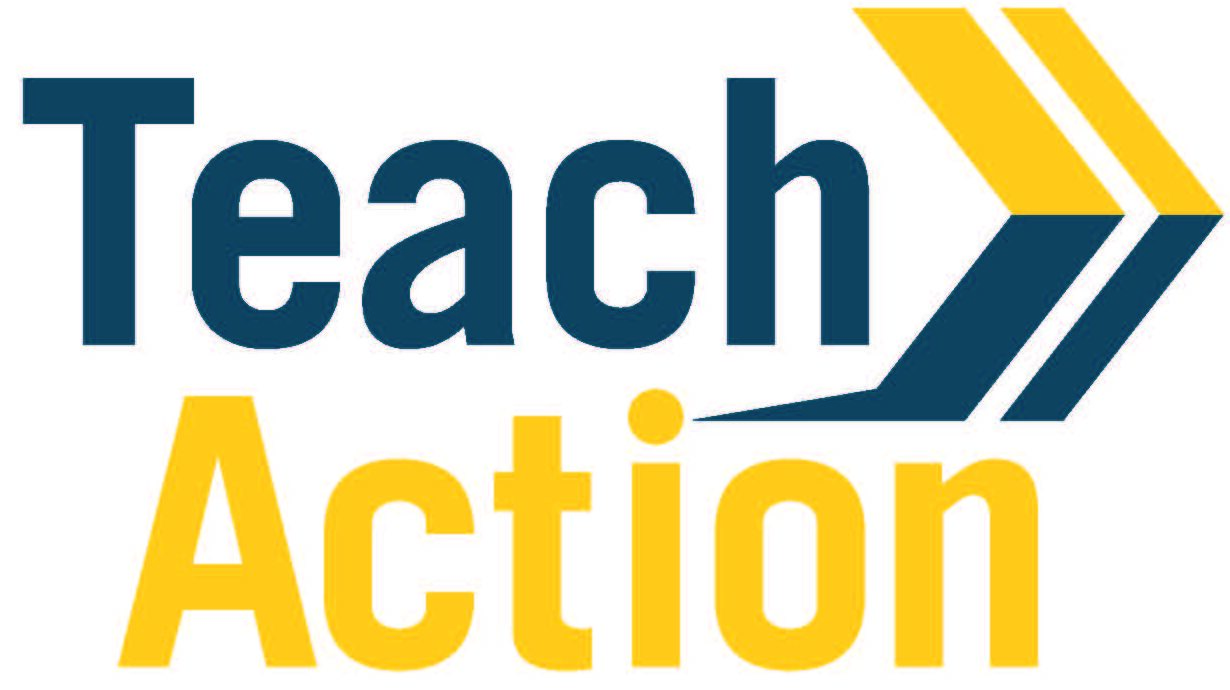(Courtesy of Teach Action) Did you know Jewish parents in Florida get $8,000 per child, per year towards tuition?
Thanks to people like Dr. Allan Jacob, community leader with the Teach Action Fund, families in Florida don’t need to worry about unaffordable tuition. But it didn’t happen overnight. For the past 13 years, Jacob and his team have been working to make the tuition crisis a thing of the past for the Jewish community.
Below is a conversation with Jacob on affordable tuition for New Jersey’s Jewish families. It is not a pipe dream.
Dr. Jacob, what is your professional background?
I’m a board-certified nephrologist, chairman and chief medical officer of Physicians Dialysis, and have a master’s degree in mental health and marital counseling and. I also serve as the chairman of the Rabbinical Seminary of America (Yeshiva Chofetz Chaim).
I’ve always been very interested in Jewish education and became involved in Yeshiva Toras Chaim Toras Emes and its board since its early days, when my children, and now my grandchildren, attended.

How did you get involved in the tuition issue?
It’s no secret that tuition bills eat a big portion of families’ budgets. As a board member at YTCTE, I saw parents struggling to meet tuition obligations and sacrificing a lot to give their children a Jewish education. At the same time, the school itself was always short on funds, unable to make necessary improvements to the building or create new programs to benefit the children.
My work began with a simple, but significant goal—get tuition scholarships for all private school students. As a country, we believe every family is entitled to educational opportunities and choices, regardless of religion, but the allocated funding didn’t reflect that.
What has been happening in Florida with tuition affordability?
The story really begins in 2010. I was doing research and connecting with policy makers, but I realized I needed a group of like-minded people to help. Six years later, we organized a group to advocate for more funding. Baruch Hashem, it has grown from a grassroots organization to a leader in this space.
Today, the state offers two primary scholarship programs:
- Private school scholarships: For students K-12 in the amount of approximately $8,000 for students attending an eligible private school.
- Unique abilities scholarship: For private school and homeschool students ages 3-22, who have a qualifying disability in the amount of approximately $10,000.
So, how did you accomplish this?
Of course, this didn’t happen by itself. We worked hard to encourage people to vote in support of candidates who championed our community. Although it took time to get people to show up, the collective difference we made is nothing short of incredible.
Most people think only federal elections make a difference and that voting at the state level is a waste of their time. But it’s the state that makes education related decisions and secures funding for schools. So, voting in those elections is crucial if we want to change things.
Through our efforts, we upped Jewish community voter turnout in Florida to 80%. On that note, Gov. DeSantis’ first public appearance was at a Jewish school because he recognized our voice as a critical factor in getting him elected..
What funding did private schools get before your work in this space and how has that changed over the years?
When we started out, Jewish schools in Florida were receiving a mere $3 million per year. Fast forward to today, that number is projected to be around $100 million this coming year. Today, every student in Florida—regardless of school affiliation—receives approximately $8,000 per year. It’s a remarkable transformation, and one that I believe has the potential to redefine Jewish education, not just in Florida, but across the nation.
How did these funds change education?
Needless to say, when you put that kind of money into a community, it changes everything. Not only can schools pay teachers fairly and operate more smoothly, they can focus on building new infrastructure and making educational improvements. It creates a more competitive educational environment, with schools constantly improving, new schools opening, and parents having more options than ever before.
How did this actually unfold?
We began by creating political will. The people needed to understand this is not about politics, this is about values, and that yes—Every. Vote. Matters.
Once we got more people in the community registered to vote, we established a relationship with them. After analyzing each government representative based on what they could do for our community, we decided who we would vote for in the upcoming election. We then personally sent emails suggesting who to vote for. That really helped us get a high voter turnout which drew a lot of attention from the state.
In New Jersey, how could we make this happen considering political parties?
Look, people need to see beyond politics. They need to understand political affiliation is a matter of strategy, not religious ideology. As we say, “Our political party is Ahavat Yisrael.” If voting can help reduce, or eliminate, the burden of tuition for Jewish families, it’s imperative that we all step in to help.
Because, school affordability is arguably the most pressing issue that affects our communities today. It doesn’t matter whether a candidate is Democrat or Republican; if they support our issue they should get our vote. It’s that simple.
In New Jersey, Democrats are the majority party so they are the ones who have the ability to pass this legislation. We have to vote for the candidate who supports the needs of our community and the candidate who can make school affordability possible. In this case, that could mean even if you usually vote for a Republican, you may vote for a Democrat who is supportive of our issue since they will have the ability to make change happen.
And, of course, if your candidates produce, reward them at the polls. Show them you are involved. This will change everything!
Do you think our community can replicate Florida’s success in New Jersey?
Absolutely. But the community must be involved. If you have the usual low turnout, nothing will change. But if everyone understands that each vote can make a difference, things can happen. Community leadership should be doing their homework on each candidate—determining which candidates will address the community’s issues—and giving that information over to their members. If your community votes en masse, you will send a powerful message to the government and can really do anything.
What message do you have for the New Jersey community and beyond?
By securing scholarships, you’re not just helping the community financially; you’re enhancing the Jewish education system and attracting more talent to become teachers.
In Florida, we have proven that change is possible.
I’ll tell you the truth. When I began, people said I was crazy. They said all my efforts wouldn’t make a dent. But, they didn’t know the power of unity.
If you organize your community, build the voting numbers, and support candidates who prioritize tax credit scholarships, you will effect change. It will take time and hard work, so you need to be patient—but if people show up, you will succeed.
And the work begins with your ballot.












